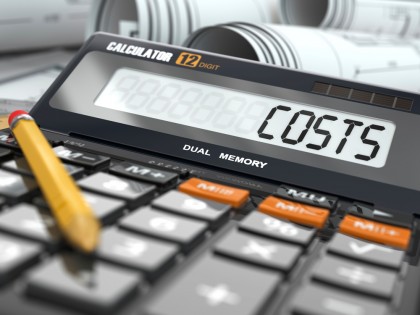Businesses usually incur two types of costs: variable and fixed. As a business owner, it’s important you understand the difference and what it means for your business.
Variable Cost
Variable costs are expenses that differ based on how much your company produces and sells. These include direct labour and manufacturing costs such as packaging, raw materials, commissions and labor. Variable costs increase when production rises and decreases as production slows down.
It is important to note that variable costs are industry dependent. So it isn’t beneficial to compare your variable costs to a business in a completely different industry to you, since output would be vastly different. If you are looking to cut variable costs, compare yours to a competitor in the exact or similar industry.
Fixed Costs
Fixed costs stay the same regardless and must be paid regardless of how much or little is sold. They don’t vary based on the volume of production and sales, and do not impact the production process. These include rent or mortgage, utilities, vehicles, phones, loans or leases, and other office costs. It is important to budget to ensure these fixed costs can be paid even during slow sale months.

Overall, fixed and variable costs are essential to think about when running your business. You need to consider both types when setting prices. To ensure you can pay the variable costs when necessary and to always be able to cover your fixed costs.
